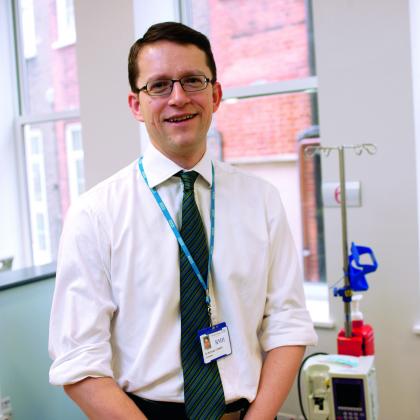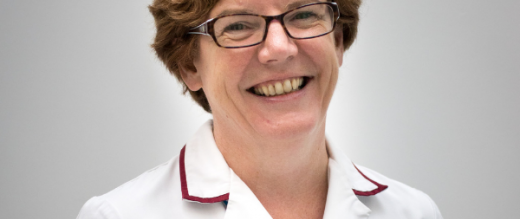Returning breast cancer can be detected earlier thanks to new blood test
Breast cancer is the UK’s most common cancer, with around 55,000 women and 350 men being diagnosed each year.

Early detection with liquid biopsies
A new study has found a personalised ‘liquid biopsy’ blood test could detect the return and spread of breast cancer on average 11 months before tumours became visible on scans or patients developed symptoms. The test, developed by scientists at The Royal Marsden and The Institute of Cancer Research was found to work in all types of breast cancer, and could detect the early signs of the spread of the disease around the body (outside of the brain).
The study received funding from The Royal Marsden Cancer Charity, thanks specifically to the generous support of Le Cure (right). Le Cure is a cycling event across the French Alps, it was set up to raise money solely for breast cancer research, including funding research fellowships at The Royal Marsden.
While more women are now surviving breast cancer than ever before thanks to research progress and advances in treatment, recurrences are still common. In cases where the disease returns and spreads to form tumours in other parts of the body, while this can be controlled for some time it unfortunately cannot be cured. Almost all of the around 11,500 women and 80 men that lose their lives to breast cancer each year in the UK will have seen their cancer spread.

How liquid biopsies work
‘Liquid biopsies’ aim to monitor how a patient’s cancer is responding to treatment in real-time, detect emerging resistance to treatment and spot any recurrences at the earliest possible stage.
Professor Nicholas Turner (left), Consultant Medical Oncologist at The Royal Marsden says:
These new blood tests can work out which patients are at risk of relapse much more accurately than we have done before, identifying the earliest signs of relapse almost a year before the patient will clinically relapse. We hope that by identifying relapse much earlier we will be able to treat it much more effectively than we can do now, perhaps even prevent some people from relapsing. But we will now need clinical trials to assess whether we can use these blood tests to inform treatment decisions for patients. We have launched the first of these studies already, and hope to launch large studies in the future.


